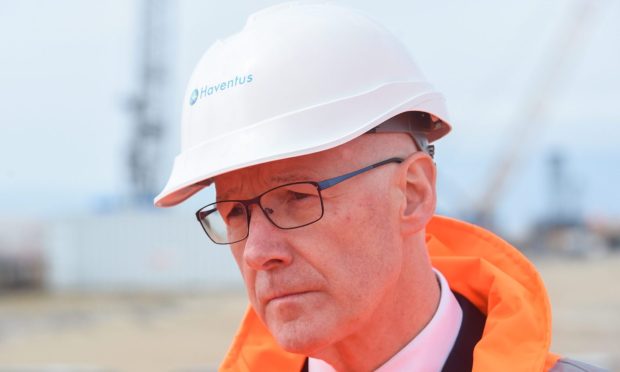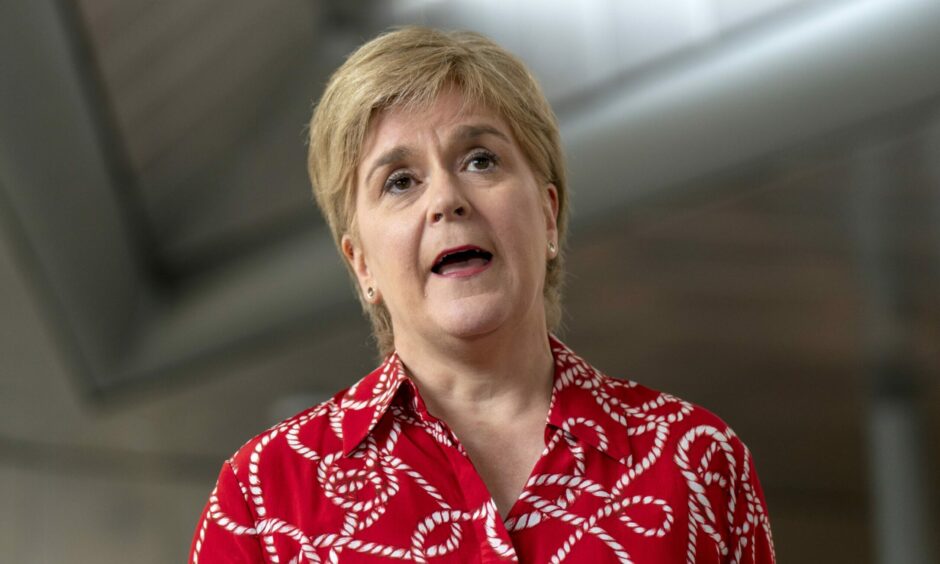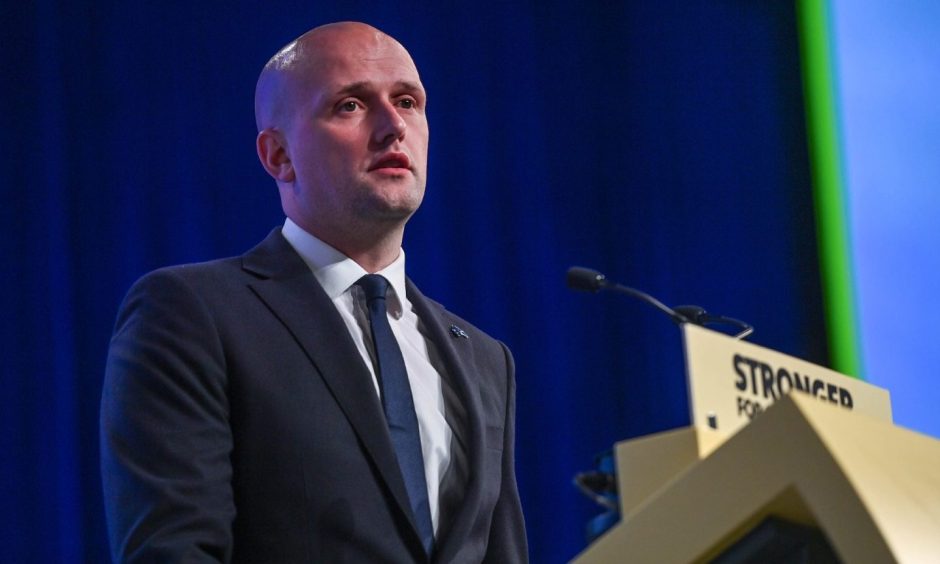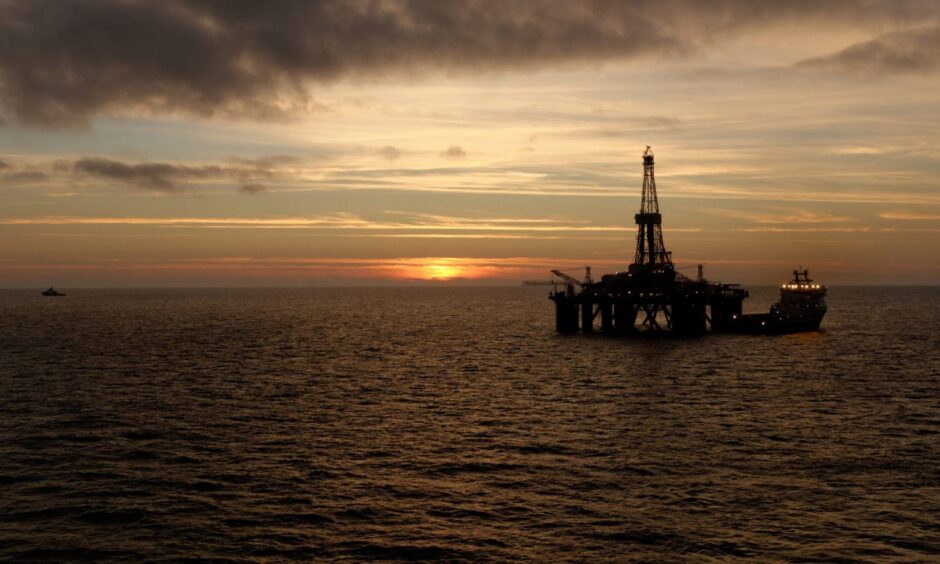First Minister John Swinney says his party is reviewing its opposition to new oil and gas licenses in the North Sea.
The current Scottish Government policy was established by Nicola Sturgeon, with the energy strategy supporting the “the fastest possible just transition” from fossil fuels.
But Mr Swinney says an “exploration” of the policy – a key plank of the SNP-Green power sharing deal agreed by Ms Sturgeon – is now underway.
Humza Yousaf endorsed the policy after he took over as first minister, but speculation has been mounting that the party could change its stance.
SNP will take more ‘nuanced’ approach under Swinney
Last week, Net Zero Secretary Mairi McAllan told The Press and Journal Labour’s proposals were “too extreme”.
She said the government under Mr Swinney would be more “nuanced” in its approach, but stopped short of confirming a u-turn.
Speaking to the Mail on Sunday, Mr Swinney said: “I want the Scottish Government to work closely and carefully with the oil and gas sector to ensure its sustainability.
“We need the oil and gas sector to contribute to the transition to net zero, so it has to be strong enough and robust enough to do that. ‘In addition to that, I want to make sure that the sector is able to contribute to the objectives of energy security that we’ve set out in our policy programme.
“It’s an exploration of our position, that’s how I would describe it. The Scottish Government wants to work with the oil and gas sector to ensure its fiscal sustainability.”
Influential figures within the party, including Aberdeen South MP Stephen Flynn, are understood support the move.
The current policy is viewed as largely symbolic, with decisions on the licensing of new developments reserved to Westminster.
In July last year, Prime Minister Rishi Sunak granted hundreds of new licenses.
Labour say that while they will honour existing contracts, any potential Sir Keir Starmer government would not grant new licenses.
The issue has become key in the General Election campaign, with Mr Swinney saying Labour’s position would “lead to the devastation of employment” in the oil and gas industry in north-east Scotland.
Labour ‘has real problem’ in north-east, FM says
He said: “I think the Labour Party has got a real problem in the north-east of Scotland because their policy programme will lead to the devastation of employment in the north-east of Scotland through the proposals that they are bringing forward, which will have a significant and damaging impact on employment within the oil and gas sector.
“And what I want to make sure of is that people understand the dangers of Labour’s plans and the damage that could be done to employment.”
Ian Murray, Labour’s shadow Scottish secretary, hit out, saying the first minister was resorting to “increasingly desperate” attacks because the SNP has “no ideas of its own”.
He added: “The SNP has missed its green jobs targets, slashed its green jobs funding, given up on climate leadership and turned its back on oil and gas workers – but Labour will make Scotland a clean energy superpower.
“Labour will build on the vast skills and expertise of our energy industry to bring the jobs of the future to Scotland while continuing to support oil and gas for decades to come.
“These transformative plans – driven forward by a publicly-owned GB Energy company based here in Scotland – will deliver 69,000 new green jobs, lower bills and energy security.”
‘Climate betrayal’
The Scottish Green said a shift away from the current policy would be “an act of climate betrayal”.
The party’s climate spokesman, Mark Ruskell MSP, said: “When the previous First Minister committed to opposing new developments it represented a sea change in Scottish politics.
“Here was one of the first oil-rich states saying that enough was enough and that we have to stop new drilling.
“We need to hold to that commitment not just today but going forward.
“Over the last few months we have seen the SNP trying to face both ways on fossil fuels. It’s not good enough.
“We are in a climate emergency and people deserve clarity about what Scotland is doing to tackle it.”
Read more:




Conversation